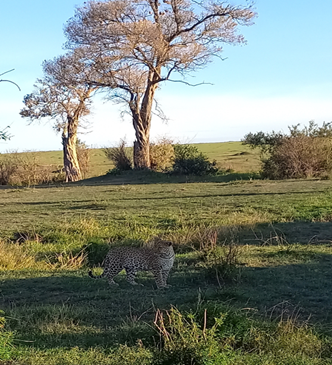Our Global Farm
Our first field trip in Summer I makes a compelling introduction to the complexity of issues surrounding the conservation of tropical biodiversity, its interplay with agriculture and with alternative ways of managing natural resources.
We went to one of the most diverse areas of Costa Rica, Braulio Carrillo National Park on the Caribbean slope, where lowland and highland elements combine to create a high concentration of species diversity. It is in Braulio Carrillo where the effects of altitudinal gradients influencing the distribution of biodiversity (in a country where 70% of the terrain is mountainous) are more evident. From Braulio we moved to the Manú Center, where students went on a night hike and did their first exercise quantifying plant diversity in the rainforest.
From Manú, we went to El Progreso, an integrated farm, where students learned to extract efficient microorganisms from the forest leaf litter, later to be used to improve composting, the decomposition of organic matter, and the overall vegetable production back at the SFS Center in Atenas. At the end of the farm tour, the owner Nuria Chaves, compared her farm with our planet saying that we live in a global farm with very limited resources.
The comparison of our planet with a managed farm could not have been better. We have the option of managing this farm with the explicit purpose of making money, exploit it, and get rich in the short term, spending along the way our scarce resources. We also have the alternative of obtaining other benefits; in addition to producing food, the farm could become an instrument for learning new ways to balance economic gain with nature. Economic gain should not be our only motivation.
We have the same options today at the global level with the Paris agreements and the ever more critical and obvious need to reduce our footprint on the planet, sharing the benefits of biodiversity, and finding new ways adapt to climate change. While we spent little time at El Progreso, we left with the realization that this global farm is our home. We should take care of it and leave it in better shape as an invaluable legacy to our children.
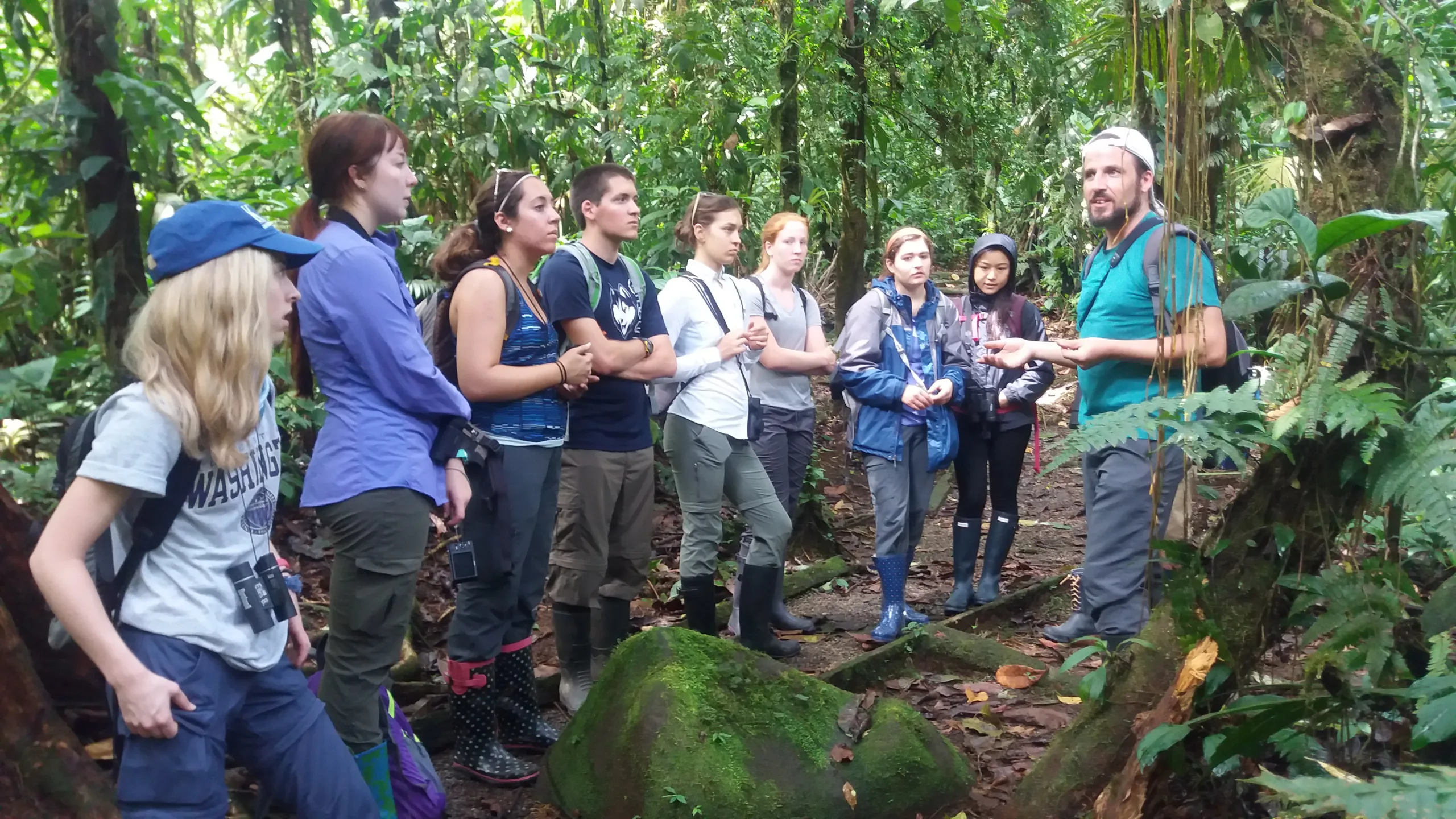
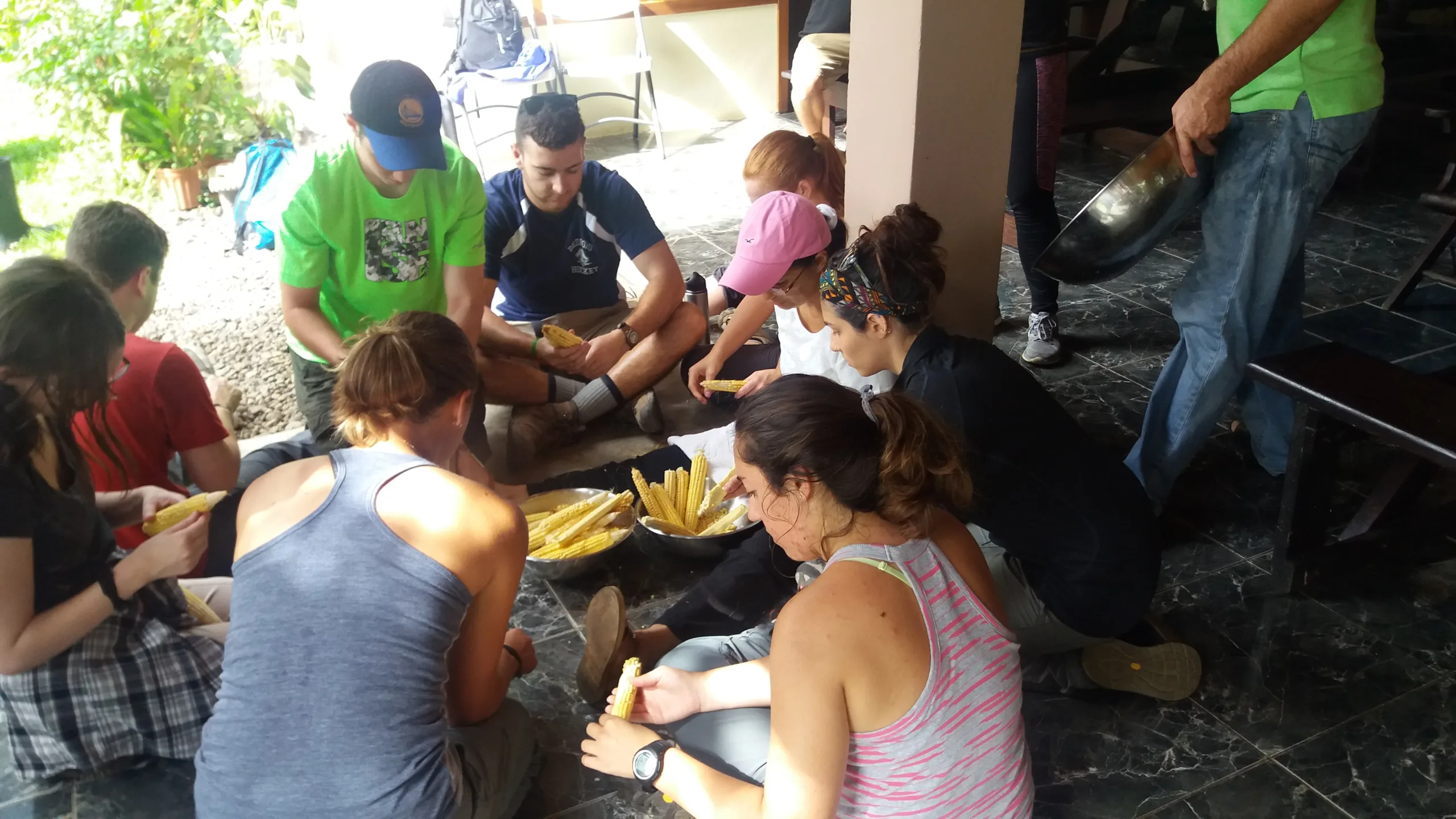
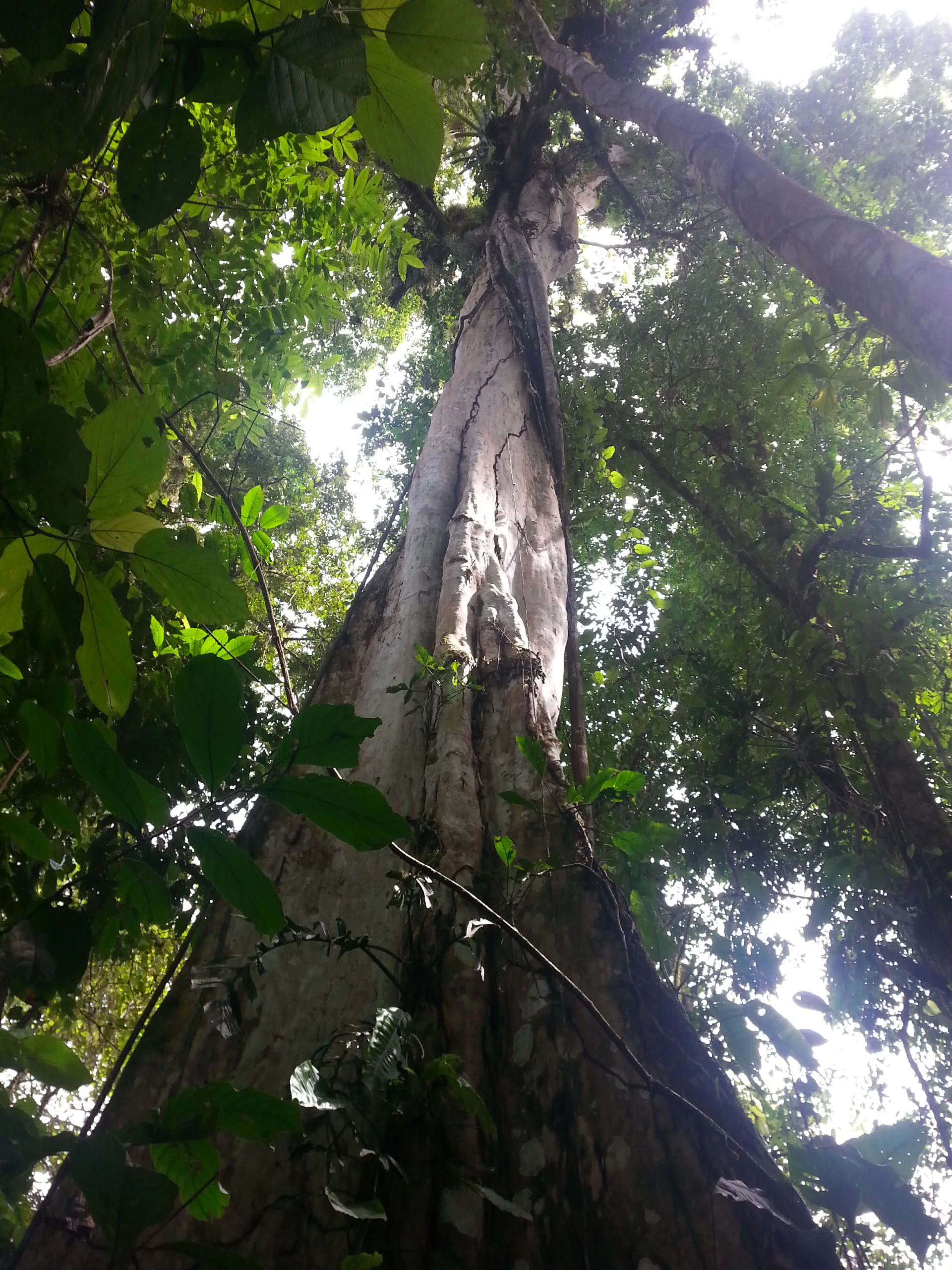
Related Posts

Restoration on a Cinder Cone: A Syntropic Story
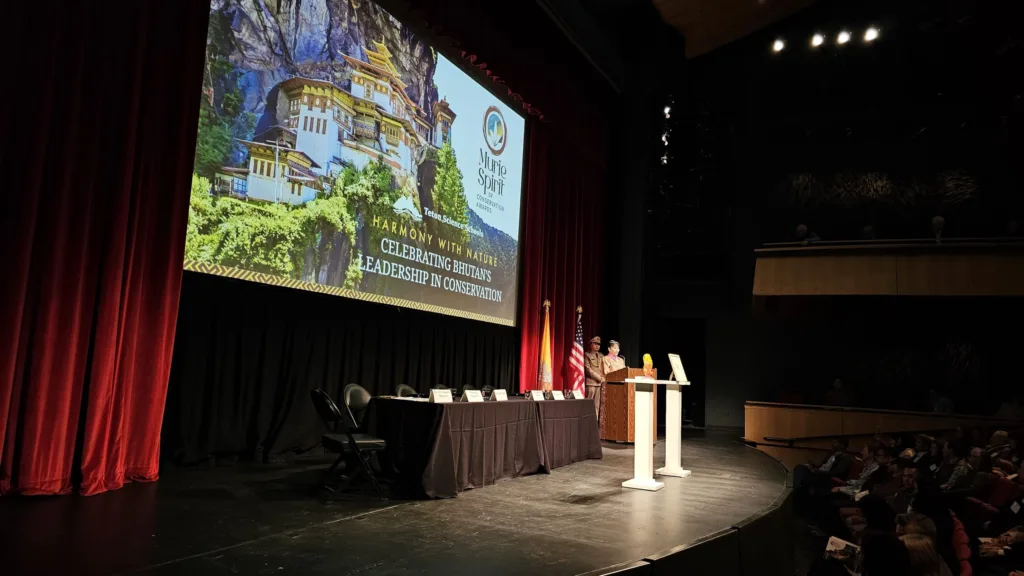
Bhutan Honored with the Murie Spirit of Conservation Award
